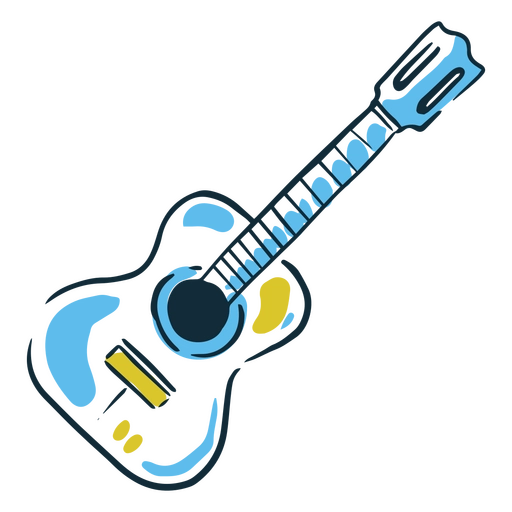Easy Guitar Song
Harold Budd, Celebrated Ambient Composer, Dead at 84
Harold Budd, the acclaimed composer known for his minimalist works and collaborations with Brian Eno, died Tuesday. He was 84. His death was confirmed by Budd’s manager Steve Takaki. The cause of death was complications due to the coronavirus.
“A lot to digest,” Cocteau Twins frontman and frequent Budd collaborator Robin Guthrie wrote on Facebook. “Shared a lot with Harold since we were young, since he was sick, shared a lot with harold for the last 35 years, period. Feeling empty, shattered lost and unprepared for this. … His last words to me were �?adios amigo’… They always were.. He left a very large �?harold budd’ shaped hole whichever way we turn.”
Budd began his musical life as a drummer, and his early musical education included a music theory course at Los Angeles Community College, playing drums in an army band and eventually studying under Schoenberg protegé Gerald Strange at Cal State Northridge, per a bio on his website. An early breakthrough was Budd’s orchestral piece, “Rothko” (named for and inspired by the painter Mark Rothko), and soon Budd was part of an influential group of composers that also included Terry Riley, John Cage and Morton Feldman.
Like many of his peers, Budd had an interest in “more meditative forms of music,” and some of his pieces from the late Sixties incorporated visual art elements, like 1969’s “Magnus Colorado,” where the instructions called for a “very soft colored light” to flood the performance area. Eventually, Budd began focusing on minimalism, but rather than honing in on “pattern music” a la Steve Reich, he found inspiration in the music of the Medieval and Renaissance eras.
“When I made my break from avant-garde in 1970, both psychologically and aesthetically, I pretty much rejected everything I had done until then, but didn’t quite know which direction to go in,” Budd recalled. “But once I hit on my interest in older music, I found a new direction, in which I purposely tried to create music that was so sweet and pretty and decorative that it would positively upset and revolt the avant-garde, whose ugly sounds had by now become a new orthodoxy. Hard as is it is to imagine now, the prettiness of my music was very much a political statement at the time.”
To make this shift, Budd began teaching himself piano — an instrument he’d long avoided, balking at the notion that all composers needed to be keyboardists — and wound up developing a highly influential “soft pedal” style of playing. His 1972 composition “Madrigals of the Rose Angel” garnered the attention of Brian Eno, who went on to produce Budd’s 1978 debut, The Pavilion of Dreams. Budd and Eno would work together frequently over the next decade, collaborating on 1980’s Ambient 2: The Plateaux of Mirror, 1984’s The Pearl and 1988’s The White Arcades.
Budd’s other notable collaboration during the Eighties came after he moved to England and linked up with Cocteau Twins. They released a collaborative album, The Moon and the Melodies, in 1986, while Budd and Guthrie would work together on several projects during the 2000s.
Budd continued to work regularly as a solo artist and pushed himself with a variety of unique collaborations. He teamed with XTC’s Andy Partridge for 1994’s Through the Hill, French techno-rock producer Hector Zazou for 1995’s Glyph and punk/new wave pioneer Jah Wobble on the 2002 live performance Solaris. In 2003, Budd released La Bella Vista, a collection of piano compositions surreptitiously recorded by U2 producer Daniel Lanois. After a brief “retirement” in the early 2000s, Budd soon returned to music and released an array of projects. Just this year, he composed the music for the HBO miniseries, I Know This Much Is True, and released another album with Guthrie, Another Flower.
